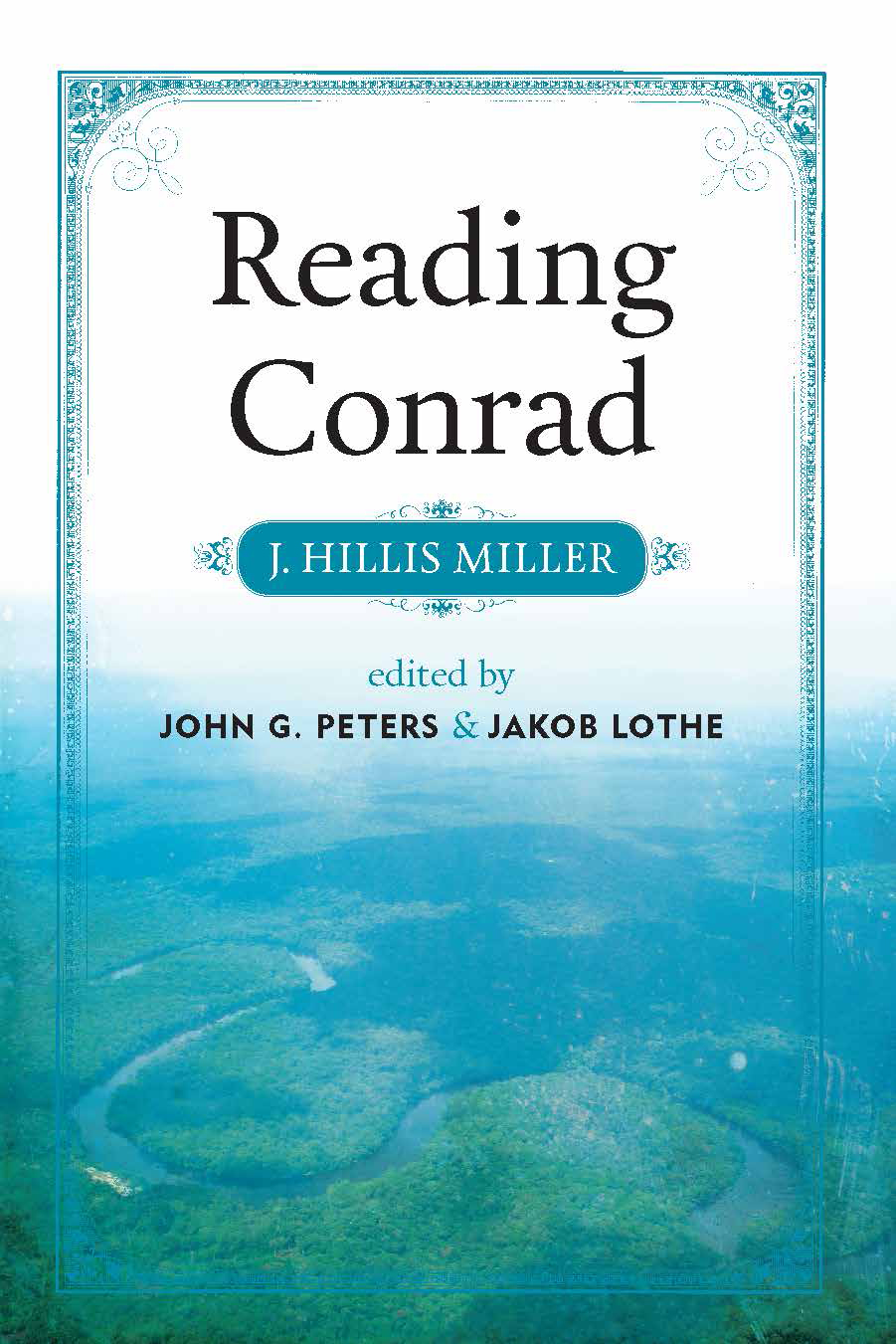“The focus of these essays is on Conrad’s major fiction […] Spread over a career that dates back to the 1950s, the essays not only display Miller’s adroitness as an original critic, but also the ways in which he has responded to shifting political and cultural attitudes to Conrad’s texts and to evolving currents in literary criticism.” —Richard Niland, English Literature in Transition 1880–1920
“This is an exhilarating and much-needed book written by one of the most distinguished literary theorists and critics of the twentieth and twenty-first centuries.” —Nidesh Lawtoo, author of Conrad’s Shadow: Catastrophe, Mimesis, Theory
For half a century, J. Hillis Miller has been a premier figure in English and comparative literature, influencing and leading the direction of literary studies. What is less well-known is that he has been equally influential in Conrad studies with his work on nihilism, language, and narrative in Joseph Conrad’s fiction. Returning to Conrad at different stages of his long career—reading and rereading him in light of new critical trends—Miller continually discovered new aspects of the influential author’s fiction. This volume, edited by John G. Peters and Jakob Lothe, charts Miller’s shifting insights into Joseph Conrad’s fiction and also highlights the potential of Conrad studies to illuminate core questions in studies of narrative theory, aesthetics, and history.
Reading Conrad by J. Hillis Miller demonstrates a surprising cohesiveness across Miller’s career as well as the richness of Conrad’s fiction, which affords varied opportunities for critical approaches as different as phenomenology, new criticism, deconstruction, narrative theory, and narrative ethics. Miller’s analyses emphasize literature’s rhetorical and performative power, ultimately suggesting that while narrative fiction is an effect of a series of complex phenomena in society and in the human psyche, as literary language it can also refer to the external world indirectly and contribute to the formation of history from within.
J. Hillis Miller is Distinguished Professor Emeritus at the University of California, Irvine, and author, most recently, of Thinking Literature Across Continents.
John G. Peters is University Distinguished Research Professor of English at University of North Texas and author of Joseph Conrad’s Critical Reception. Jakob Lothe is Professor of English Literature at University of Oslo in Norway and editor of The Future of Literary Studies.
Related Titles:
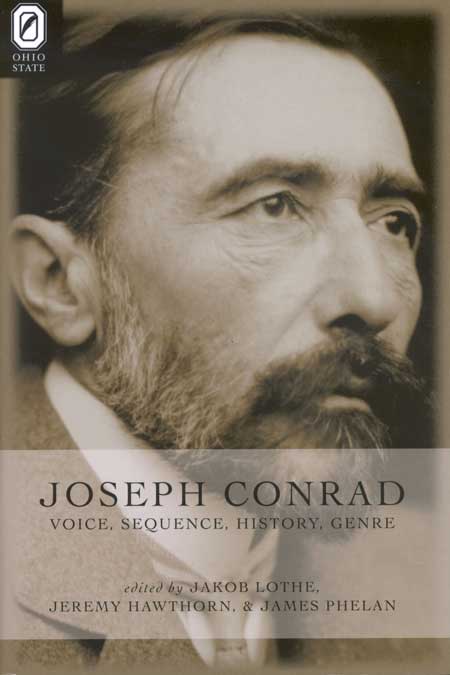
Joseph Conrad
Voice, Sequence, History, Genre
Edited by Jakob Lothe, Jeremy Hawthorn, and James Phelan
HARDCOVER
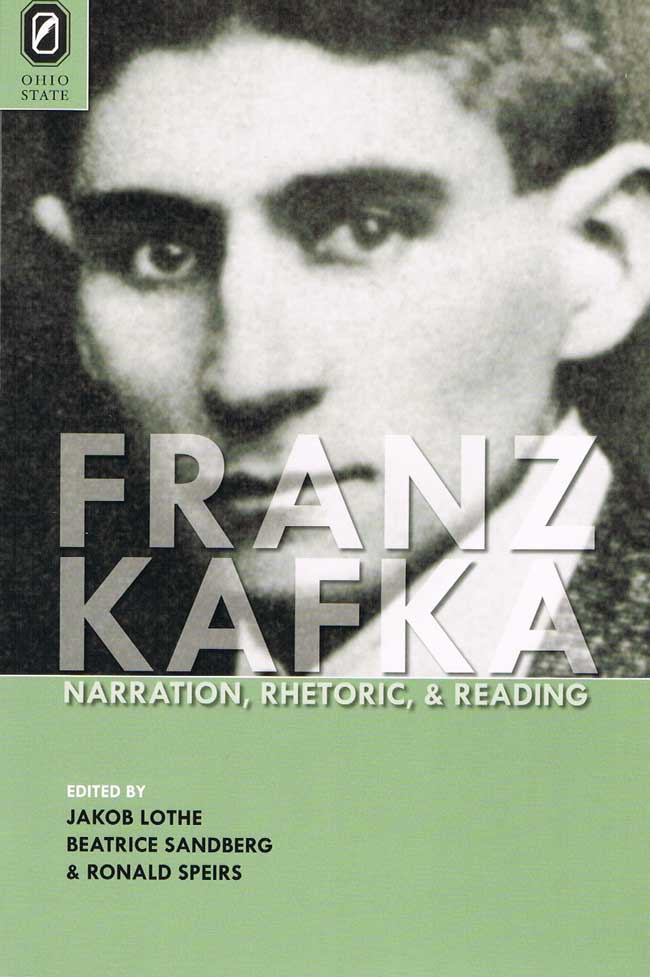
Franz Kafka
Narration, Rhetoric, and Reading
Edited by Jakob Lothe, Beatrice Sandberg, and Ronald Speirs
HARDCOVER
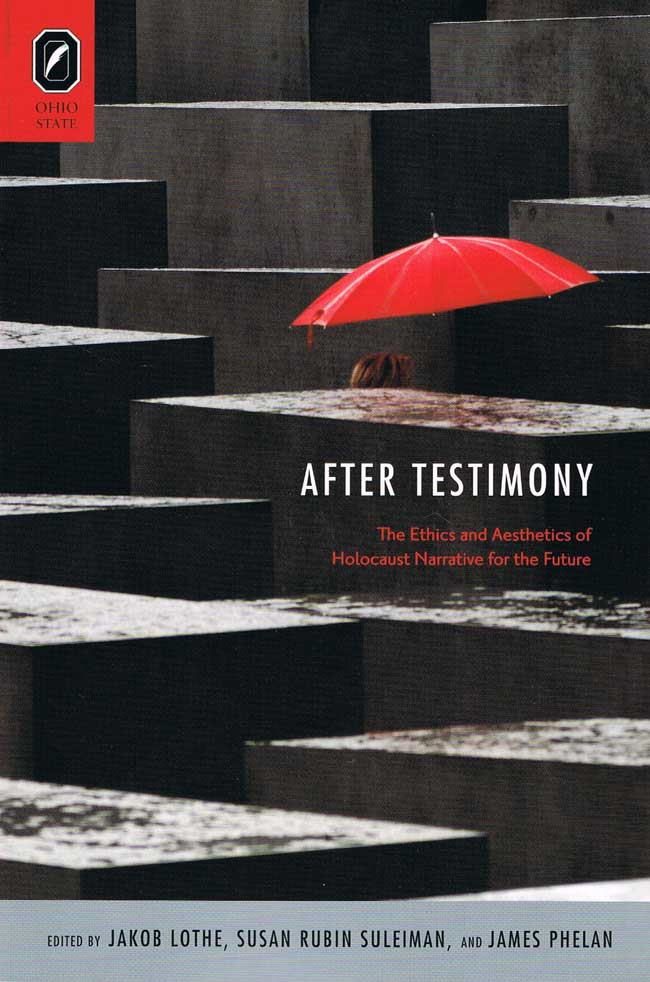
After Testimony
The Ethics and Aesthetics of Holocaust Narrative for the Future
Edited by Jakob Lothe, Susan Rubin Suleiman, and James Phelan
HARDCOVER
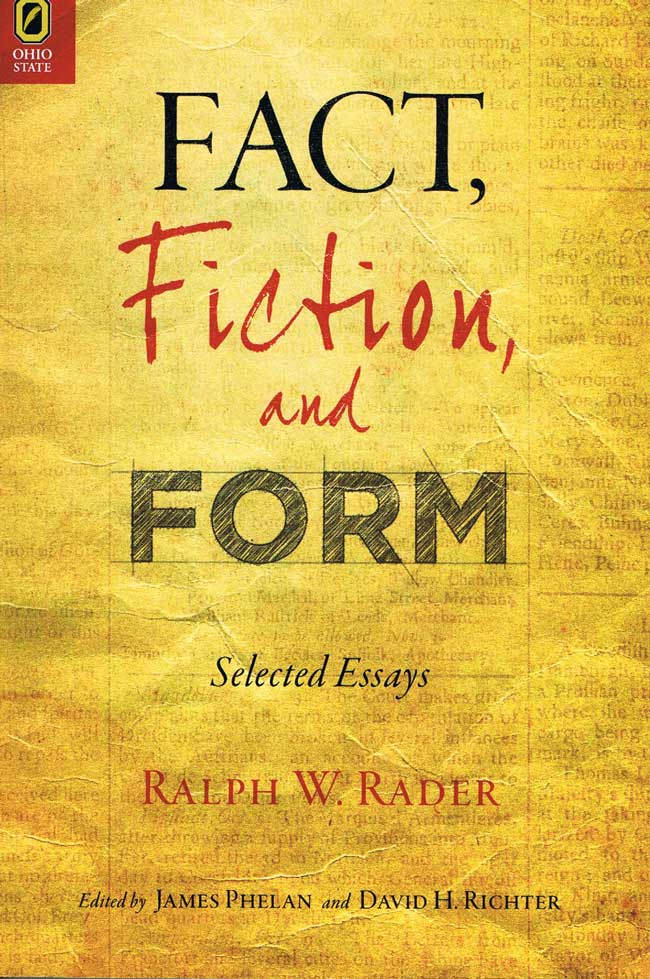
Fact, Fiction, and Form
Selected Essays
Ralph W. Rader
Edited by James Phelan and David H. Richter
HARDCOVER


